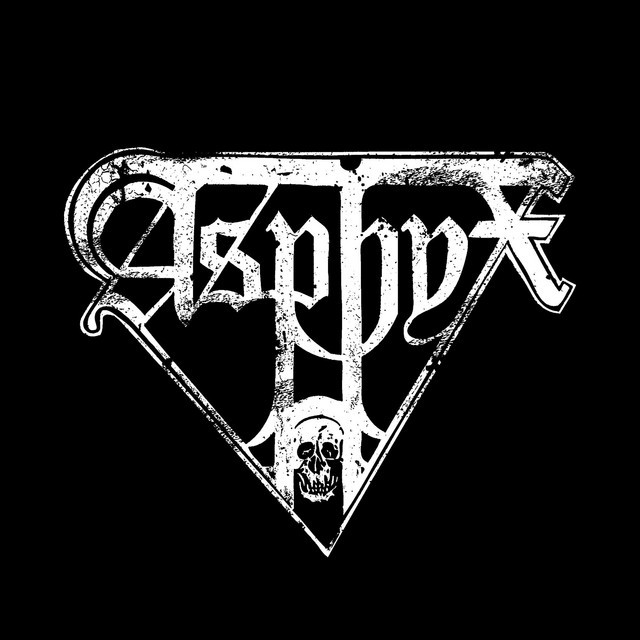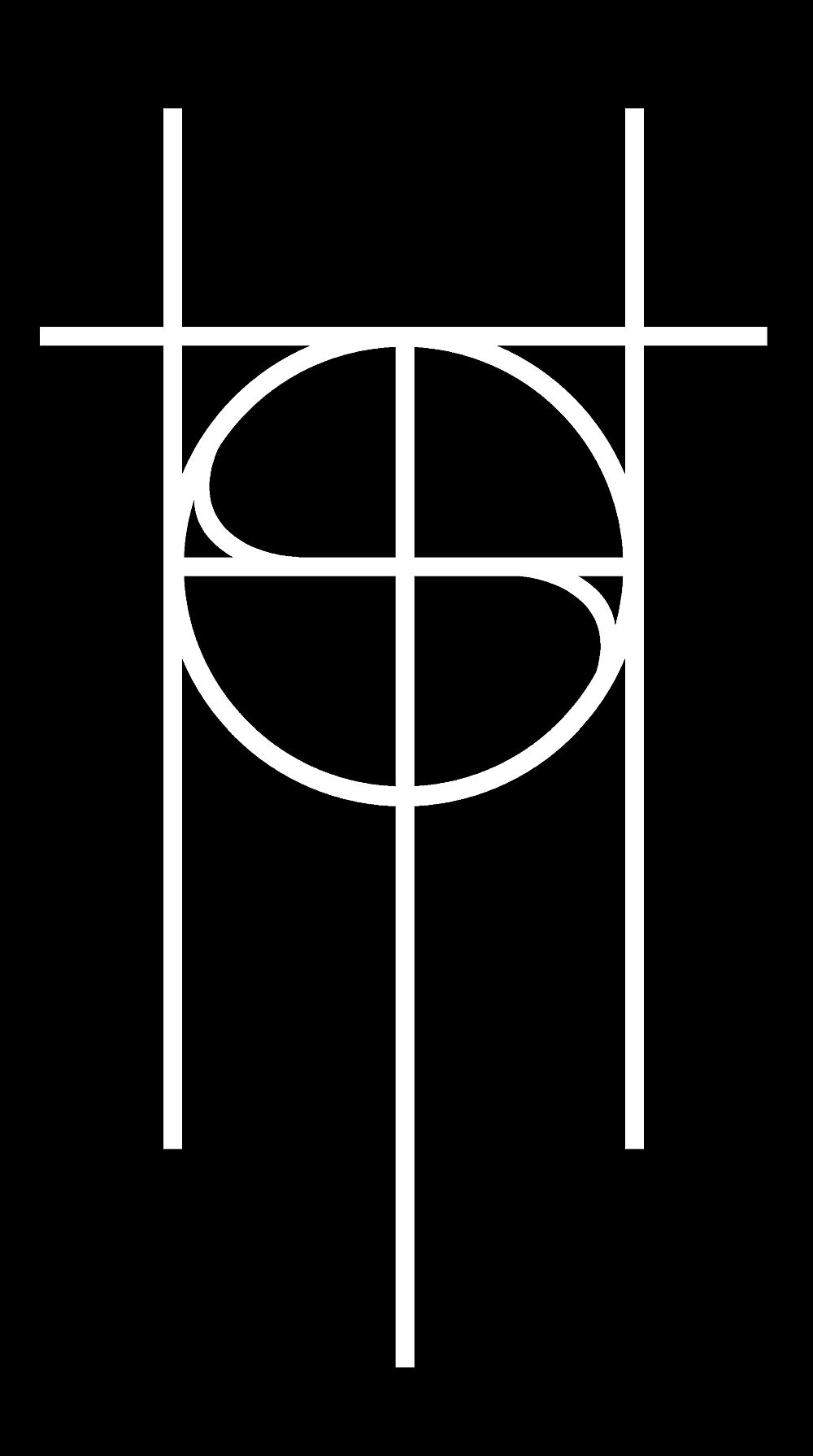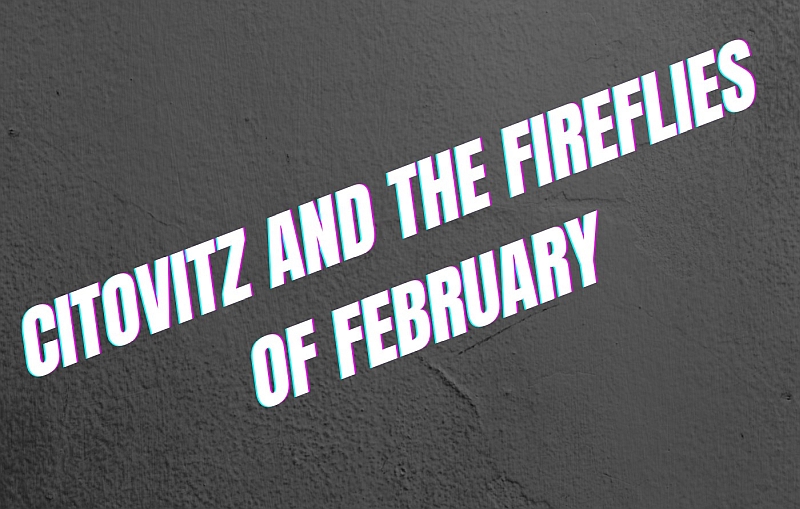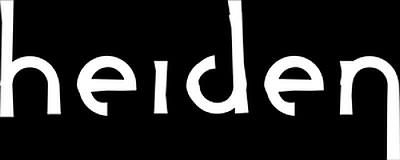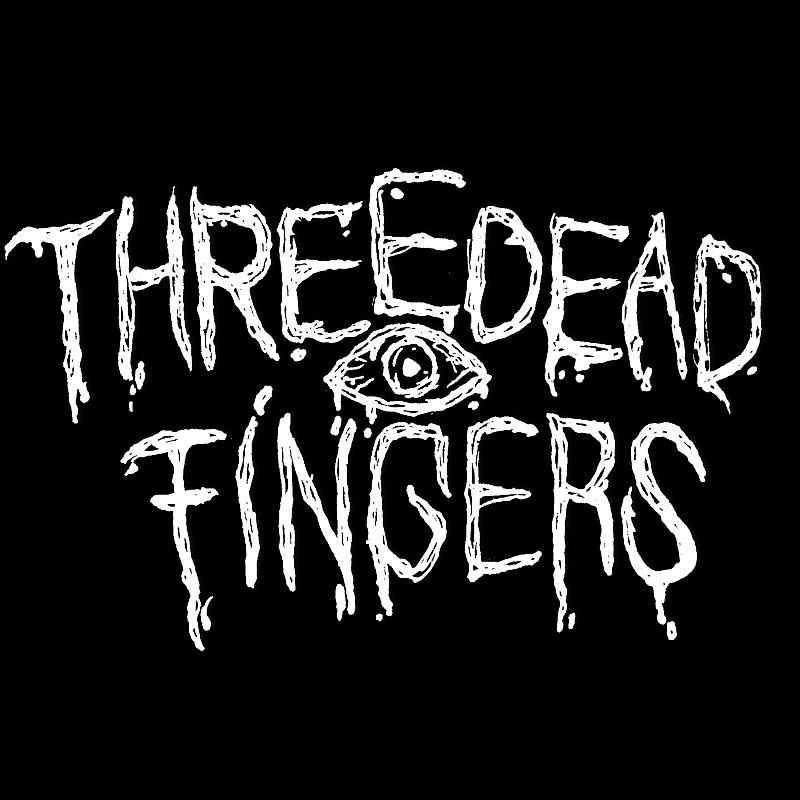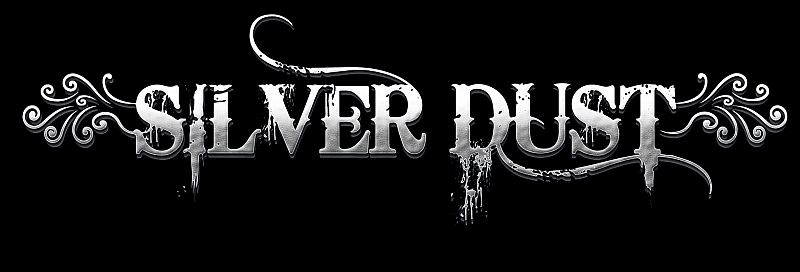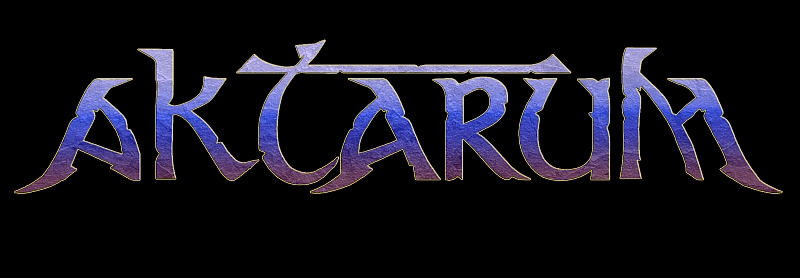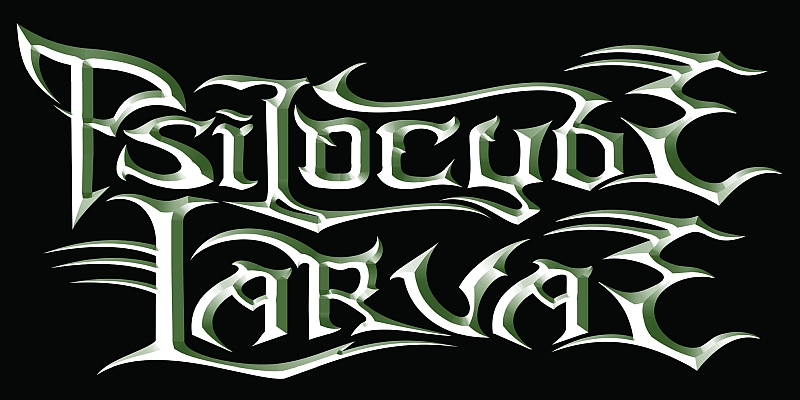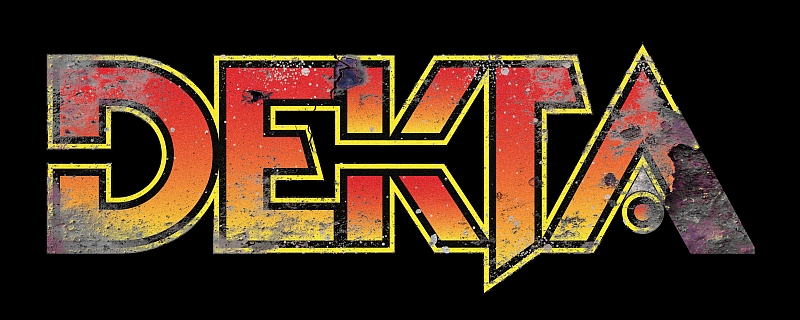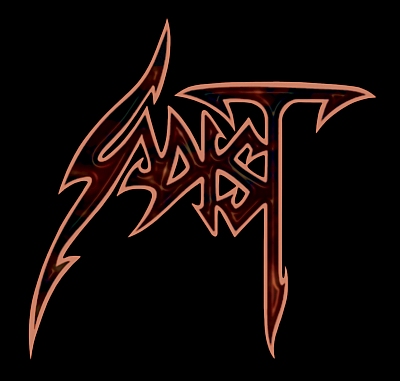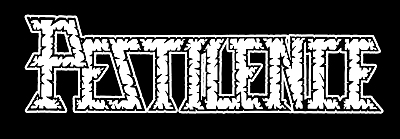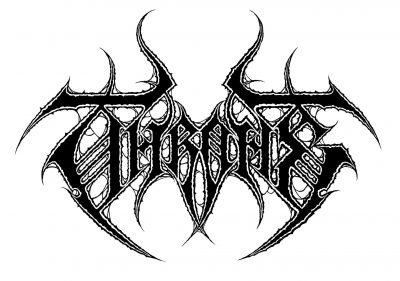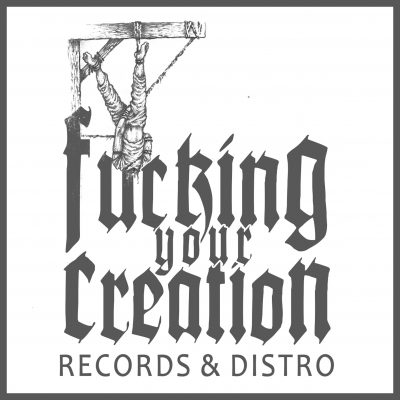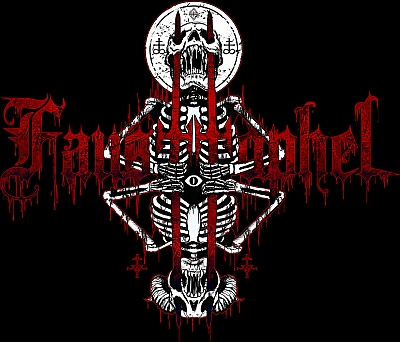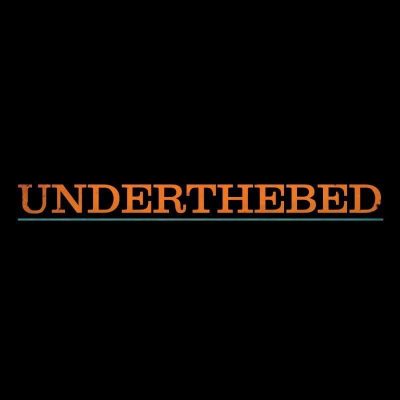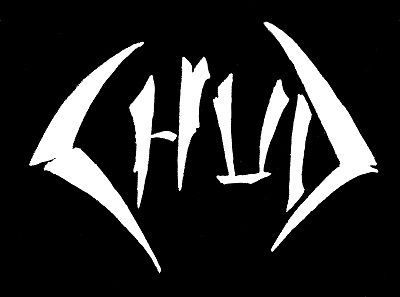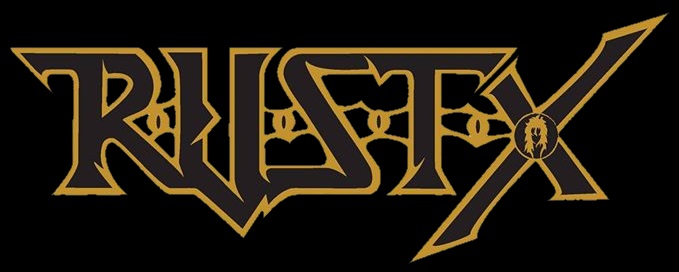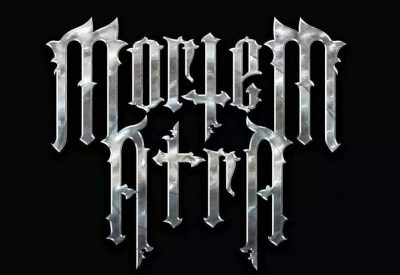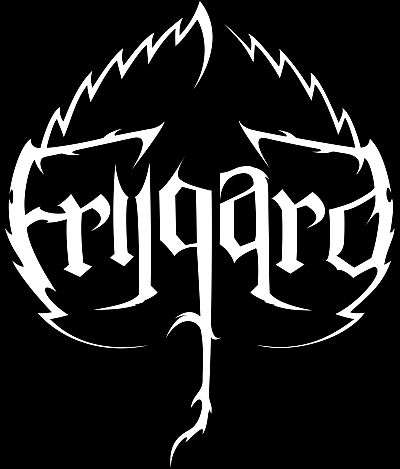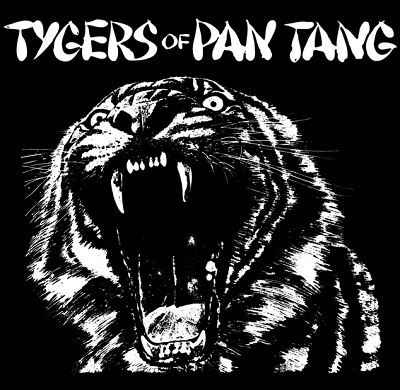Dead On Mars is a German One Man band spearheaded by the multi-instrumentalist, T Winter. Blending the sound of Death Metal and punishing Symphonic Black metal, Winter likes his music heavy and instrumental. Following his 2020 release, I had a chance to converse with him to discuss on various topics.
How has the journey been so far for Dead on Mars? With one full length album already released and another to be released soon, are you happy with the way Dead on Mars is taking off as a band?
I’m very grateful for all the support and positive feedback that I have received. There is obviously still plenty of room for improvement, but I think I’m on a positive trajectory. I’m very confident in the new album, which is a quantum leap forward in songwriting and production. So I hope that I can reach more listeners, but I also know that one has to be patient. Thanks to the internet, there is such an information overload and so much music accessible with just a click that it is very difficult to get people’s attention, especially when you do everything yourself and you don’t have a label backing you. But I’m not complaining about it, because without the internet, I could not self-publish my music in the first place.
Dead on Mars seems like a really creative name. Is it a reference to the Mars being the next potential “Blue Planet” or just another random name you came up with? Would love to hear the story behind it!
I have been looking for a band-name for several months and couldn’t find anything good that had not already been taken. And since you can’t go anywhere without a band-name, I was getting frustrated. Then one day, I listened to a radio interview about a guy volunteering for a Mars mission. He had wife and kids, a job, was in good health, and yet he was willing to leave all this behind only to enter a rocket that would shoot him on a dead desert rock in the middle of nowhere. And there he would, if he could arrive at all, die. He was absolutely clear about that. It’s a suicide mission. There is no coming back. That day I was waking up in the middle of the night and thought: Dead On Mars. That’s it! Because as an artist, you need the same drive no matter the consequences. To go to Mars would be the greatest achievement of mankind, at least from a technological standpoint, but it also would be useless because there is nothing to gain from Mars, there are no resources to exploit and even if there were, bringing them back to Earth would be much too expensive. And it would kill the people going there. In that sense it’s an idealistic enterprise like creating art. So you can read the name Dead On Mars in different ways: It can mean that even when you achieve the highest goal, death will still prevail. But it can also mean dedication: If you want to go to Mars so to speak, whatever your Mars is, you will have to make sacrifices for it. The higher your goal the more you’ll have to sacrifice for it. And it is this existential question that fascinates me and inspires the music: What gives meaning to one’s life? On which planet do you want to die?
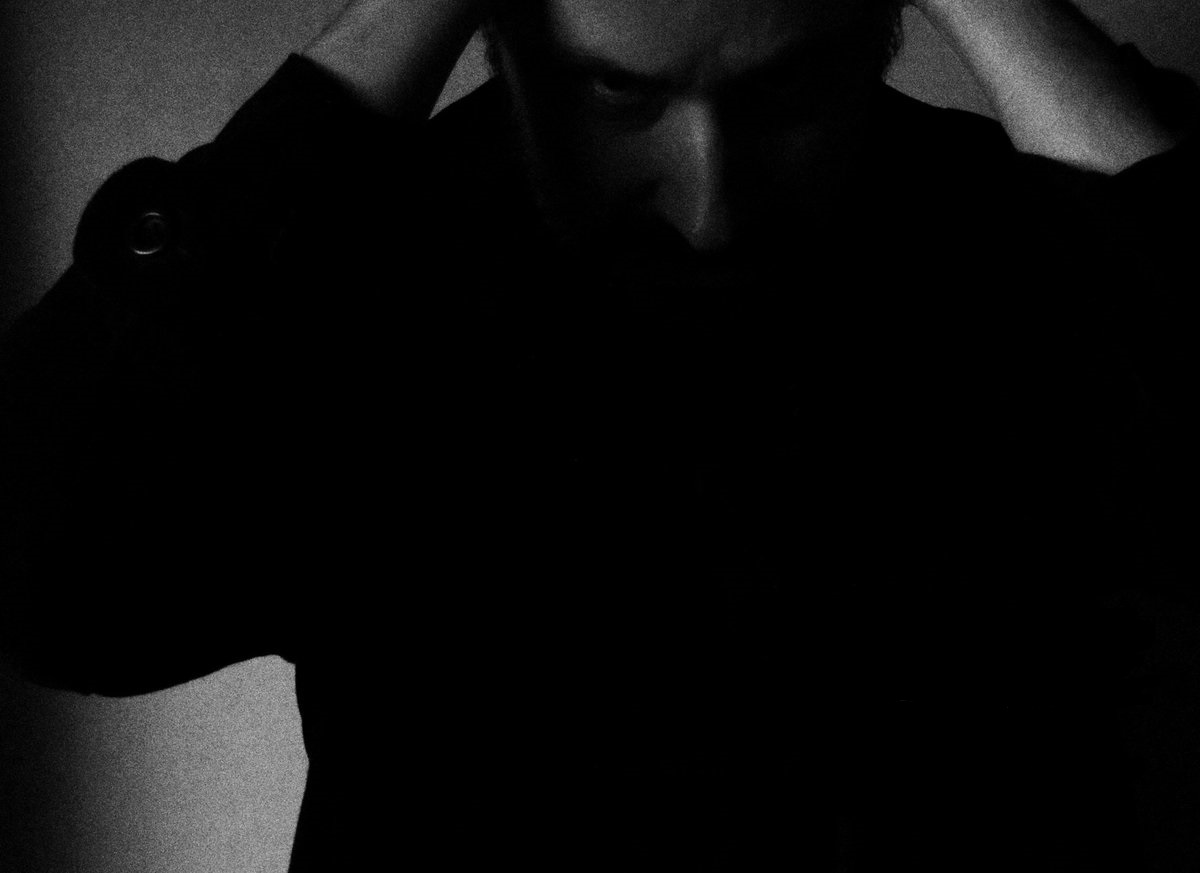 Is it because of your solo venture that you are not playing your music live? Or is it because you are more inclined to making music in the studio?
Is it because of your solo venture that you are not playing your music live? Or is it because you are more inclined to making music in the studio?
I find meaning in being creative and so my focus is on the songwriting. I like to be on stage, I played in other bands before, but in that regard I see myself rather as a composer than as a musician.
You have been making music all alone since the inception of Dead on Mars. Is it about time that you expand it to a three piece or a four piece?
Having other band-members would change a lot of things, but honestly, I don’t see what I would gain from it. Sure, I could play live with a real band, but that is not really my main interest. On the other hand, if I meet the right people and if it makes sense for the music, maybe one day. Time will tell.
How did you come up with this unique blend of Symphonic, Progressive, Doom and Atmospheric Black? Did you expect it to become a staple sound of Dead on Mars in the beginning itself or was it more like a “one album, one genre”?
In the beginning I made the music just for myself and experimented with my favorite genres, which are death, black and doom metal, especially in a melodic, atmospheric or symphonic mode. Then I though: If I combine already the metal band with the orchestral instruments, why not also the genres? Why should I restrict the creative process in any way? Why should I think about genre at all and not just try to make the music as interesting as I possibly can? I also have to do so since I have to compensate for the lack of vocals (and it was clear to me right from the start that I don’t want to sing again, at least not for the first albums) and the lack of guitar solos (for which I never cared). So the blend happened organically, but I’m also not clinging to it. For the future of Dead On Mars, I want to strengthen the Black Metal elements and experiment even further, but there are also plans for albums that stay within one genre. That’s why I prefer to classify Dead On Mars as Extreme Metal, because that gives me the freedom to shift between Death and Black Metal which are (and will be even more so) the main pillars. Metal for me is freedom, the freedom to do whatever the hell you want to do. It only has to make sense music wise.
Coronavirus outbreak has made some severe repercussions in Music Industry. Has it affected you in any way?
Not directly yet, since I don’t play live or have to go on tour. But I think that in some shape or form it will affect everyone, the big names as well as the small independent creators. The economy is down, we are heading towards a recession, many people can only work part time, have to lay off work or are even loosing their jobs. It’s a disaster for all of us.
Does emotion play a role in songwriting? Or is it the riffs that you write decided a month back or is it more a situational thing?
Emotions are the goal, I want the listeners to feel something. But emotions are not necessarily the initial driving force. I don’t need to feel something in order to write music, because the music itself has to make me feel something. And I’m only happy with the material if it does that. In that sense, writing music is for me not so much an expression of emotions that are already there, but rather an evocation of possibilities that are still hidden in the subconscious mind. Maybe in a similar sense in which Franz Kafka famously said that a book should be like an axe for the frozen sea in us.
Tell us a bit about your upcoming release “Transcendence”
Each track has its own characteristic, but all tracks are very dynamic so that I understand the music as a form of storytelling. Or as soul-journeys. If you don’t mind I’ll go quickly through each title, that makes it easer for me to talk about it.
Final Sunset: the opener is a meditation on mortality. If you knew for sure that this day would be your last, how would you feel? The song has a wide dynamic range from slow doom parts to fast black/death parts which represents the soul-struggle between the acceptance of death and the revolt against it.
Terra Incognita: has a more positive, optimistic vibe. It’s about going into the unknown and confronting it with confidence.
First Man on Mars: There are four timpani beats going through the whole song and each single theme is constructed around those four beats. And the fun fact is that Mars, counted from the sun, is the fourth planet.
Orpheus in the Underworld: is maybe the most progressive track on the album. It has a polyphonic brass interlude and other elements that give it something unworldly. Calling it after the ancient tragic love story seemed just perfect.
Transcendence: the title track shows strength and sadness at the same time, there is the feeling of a powerful development but also of tragedy. I called it Transcendence, because originally, to transcend means simply to cross borders. Which is what I try to do with my music. I’m searching for my own style, my own sound that transcends what I already know. I’m not saying that I’m there yet, maybe I never will be. But it’s what I’m working towards and what keeps me going. But then the meaning goes deeper than that, because transcending borders is what defines us as human beings. We explore the world. We also strive to overcome our limitations. And even if you were to stay at the same place all your life, time would make you transcend from one age to another. You cannot stop it. It’s a powerful and tragic process, because in order to transcend into something new, you have to give up the old and that can be painful.
The Lonely Hours: is a quieter song dealing with loneliness. It’s more atmospheric than symphonic and I think I will include the atmospheric approach much more in the future, but then also with heavier material.
Fight for Freedom: the finale. Freedom can be freedom from outside restrictions or one’s own inner impulses, it can be political, economical or artistic freedom, the point here is that it is always a struggle. And the first thing to fight is one’s own blindness and inertia. And in that sense, this track has a cycle of slumber parts and built-ups towards the awakening at the end. So there is a happy end in this track, but I think that in life the struggle never stops. Only in death, the great silence with no repeat button.
What is next for Dead on Mars
I hope that Transcendence will find it’s listeners and that they get as much out of it as I do. And then I’m already working on the next album in the hope to continue this journey. But I cannot succeed without people supporting it. So last but not least I want to thank you, Sooraj, for this interview. I enjoyed it a lot and the questions were really good and kept me thinking. I also want to thank everyone reading this for their interest and everyone supporting the band. You are the best!
https://m.youtube.com/watch?v=bHZfqQirJ5c
https://deadonmars.bandcamp.com/



